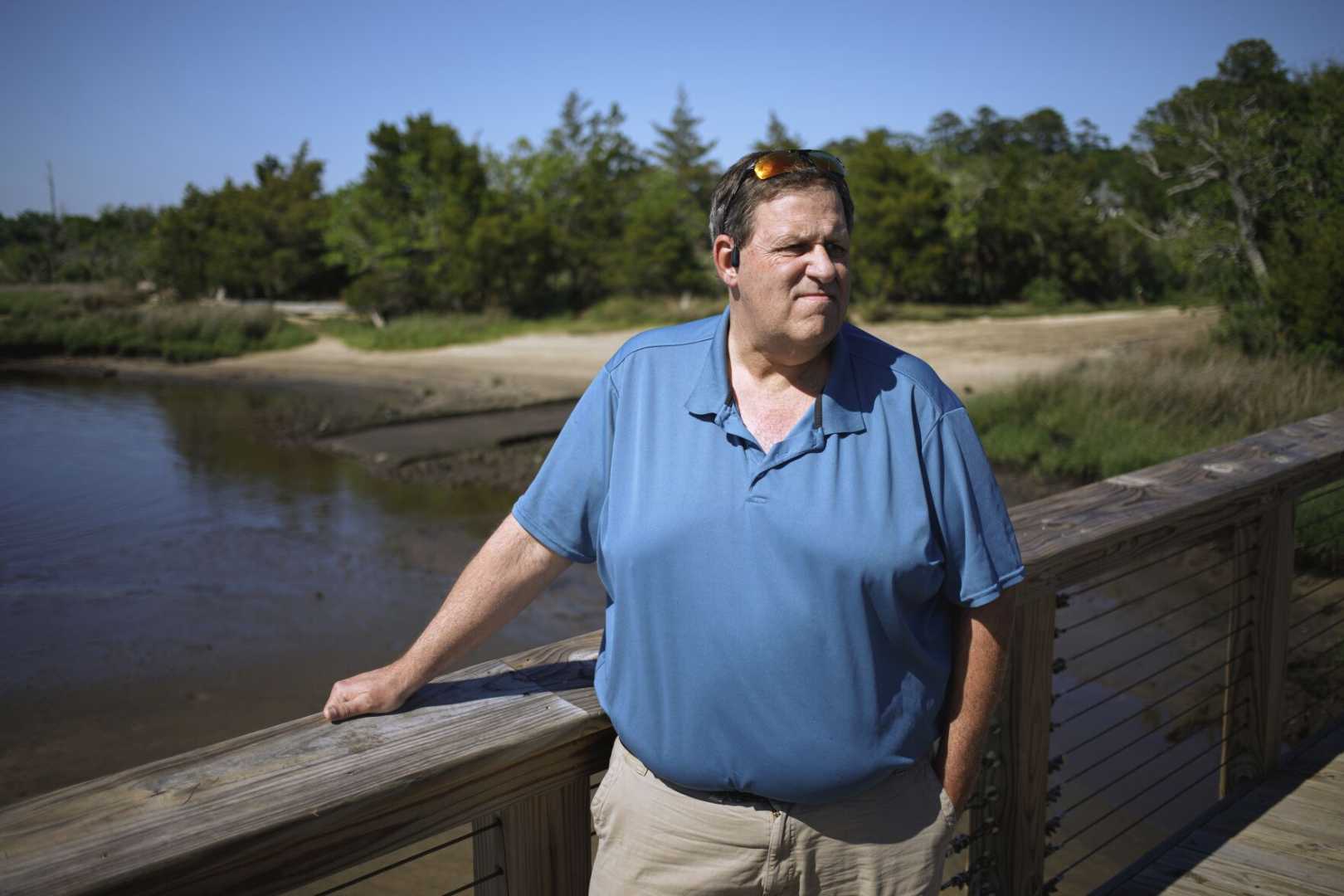Health
Cancer Survivor Questions PFAS Link to Health Crisis in North Carolina

WILMINGTON, N.C. — Chris Meek, a 47-year-old social studies teacher, recalls the moment his life changed. While suffering from severe pain, he was rushed to the hospital, where doctors discovered a ruptured gallbladder. Post-surgery, Meek received a diagnosis that left him shocked: kidney cancer.
Years later, he connected the dots on his illness during a guest lecture in his classroom. Emily Donovan, a parent of one of his students, discussed elevated levels of per- and polyfluoroalkyl substances (PFAS), also known as ‘forever chemicals,’ in North Carolina‘s water supply. When Donovan mentioned kidney cancer, it resonated with Meek, leading him to suspect that the ‘forever chemicals’ might be a contributing factor to his diagnosis.
“I had no family history of cancer, and I was living a healthy lifestyle,” Meek said. “It felt overwhelming to find a possible explanation for what happened to me.”
The Cape Fear River, which flows through Wilmington and supplies much of the water for New Hanover County, has been scrutinized for PFAS contamination. The Sweeney Water Treatment Plant works tirelessly, utilizing carbon filtration systems within large reservoirs to combat the impact of these harmful chemicals on the drinking water.
Recent reports indicate that these ‘forever chemicals,’ linked to various health problems, including cancer, are persistently found in the water supply. Residents like Meek advocate for better regulation and monitoring to safeguard public health. “We need answers and accountability from those in charge,” he urged.
Despite emerging from his battle with cancer, Meek continues to raise awareness about the potential dangers of PFAS, encouraging others to stay informed.












